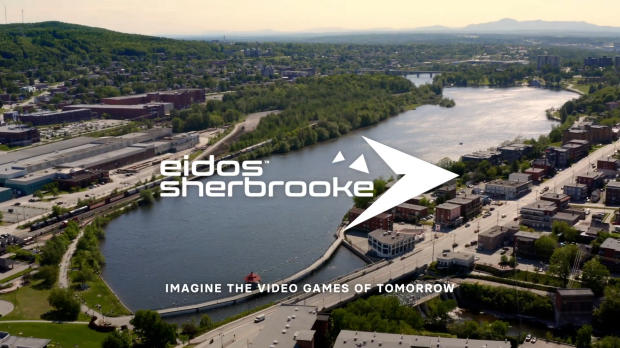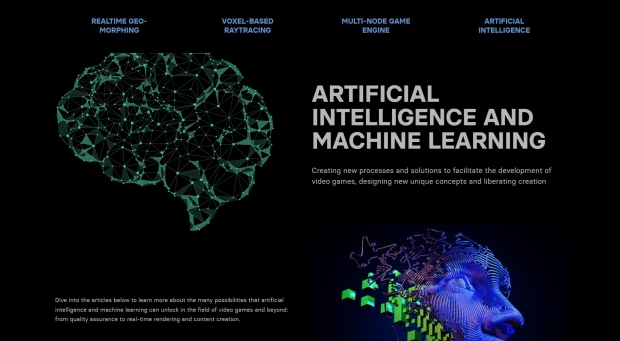Square Enix has a branch of its Eidos studio working on experimental technologies like machine learning, AI, and cloud gaming.

While scouting NVIDIA's GTC 2021 schedule I noticed a panel from a Square Enix studio I hadn't heard about before: Eidos-Sherbrooke. It turns out this particular studio isn't making games. It's an R&D division focused on new latent tech like AI, ML and cloud that will theoretically power the future of the games industry.
Eidos-Sherbrooke was established in June 2020 and has a number of interesting projects in development. The studio is looking at using wide cloud networks for voxel-based raytracing, using AI and ML to help create interesting and innovative content. Platforms like Stadia, xCloud, Luna, and PlayStation now offer access, but Square Enix wants to serve up content.

It's possible that Square Enix could be a big player in Microsoft's new push for cloud-based content for its Project xCloud service. Rumor has it that Hideo Kojima is making a game specifically designed for cloud gaming. Eidos-Sherbrooke is presenting a GTC 2021 presentation focused on cloud-native gaming:
Although cloud gaming has been touted to players as the next big thing for several years now, up to this point we've only just started exploring the numerous possibilities that this technology presents. Indeed, there is much more to cloud gaming than just flexibility in accessing game content.
For the past year our young studio Eidos-Sherbrooke has been exploring cloud-native game experiences within the domains of rendering approaches, physical interactions, and artificial intelligence. Through these explorations we've begun to address what the future of video games in the cloud could mean, as well as the types of experiences that players can expect. We'll cover some of the technologies we are currently looking into and how they could change the way we play.
Eidos-Sherbrooke is similar to EA's SEED division and Ubisoft's La Forge R&D division.
Check below for a list of Eidos-Sherbrooke's projects:
- Realtime geo-morphing - Offloading complex operations to remote servers while games run on local consoles/PCs.
- Voxel-based raytracing - Using data centers to deliver ray-traced voxel games.
- Multi-node games engine - Create ever-evolving worlds using multiple server CPUs/GPUs that take full advantage of what a games engine is capable of.
- AI-based game testing


